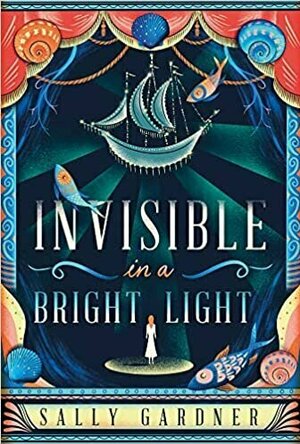Suswatibasu (1703 KP) rated Heart Berries: A Memoir in Books
Mar 18, 2018
As the author explains, this book is less about identity and more about coping with huge swathes of pain - from having a baby taken away right after birth, child sexual abuse to being institutionalised with bipolar disorder, Terese Mailhot is first and foremost a survivor. What she reveals in her writing, is that these issues take different shapes in every community, and for her, she attempts to consolidate her experiences and what she has learnt from her parents together.
In one instance, she talks about how she can't understand the notion of forgiveness preached by white therapists, because she has learnt that pain is a ritual to undertake. And in this way, we see where she appears similar to other survivors and where she diverges because of her belief structures. She also speaks about pain being inherent in the Native condition because of centuries of mistreatment by colonial powers - and so she refers to it differently than some.
Where I struggled with this, is her relationship with her 'boyfriend' Casey, which felt irritating because it took up far too much of the book - and I did just want to shake her and tell her to get a grip especially as she has young children, and it seemed almost juvenile. But overall, an important piece of literature in this growing sphere.
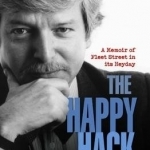
The Happy Hack: A Memoir of Fleet Street in its Heyday
Book
Today, Fleet Street is just a term for the newspaper business. But not so long ago it was a real...
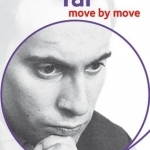
Tal: Move by Move
Book
Mikhail Tal is a true legend of chess. He was the World Champion and also holds the world record for...
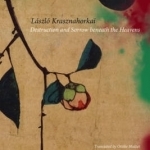
Destruction and Sorrow beneath the Heavens: Reportage
Book
Known for his brilliantly dark fictional visions, Laszlo Krasznahorkai is one of the most respected...
BookInspector (124 KP) rated Invisible In A Bright Light in Books
Sep 24, 2020
I have to admit, this book was quite hard to read sometimes. Even though the plot is great and absorbing, the writing style felt quite jumpy and chaotic, and that made this book a little difficult to understand sometimes. I have to admit, if I would read it as a child, it would not make sense to me, but reading it as an adult, I truly learned how to enjoy it to the fullest. The author discussed very important topics in this book, such as emotional and physical abuse against children, lack of confidence in children, loss, friendship, self-obsession, and many more. The plot was quite layered, sometimes it is a ghost story, sometimes an adventure and it is filled with plenty of magic as well, all these changes in the atmosphere kept me entertained throughout the pages.

Precision Violin Tuner
Music and Utilities
App
Spend less time tuning, and more time playing. Precision Violin Tuner utilises your built-in...
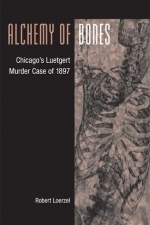
Alchemy of Bones: Chicago's Luetgert Murder Case
Book
On May 1, 1897, Louise Luetgert disappeared. Although no body was found, Chicago police arrested her...

Digging Up Mother: A Love Story
Book
Doug Stanhope is one of the most critically acclaimed and stridently unrepentant comedians of his...
Biography comedy
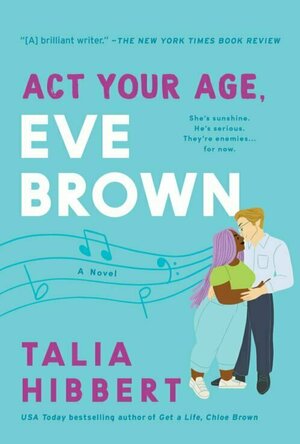
Act Your Age, Eve Brown (The Brown Sisters #3)
Book
In Act Your Age, Eve Brown the flightiest Brown sister crashes into the life of an uptight B&B owner...

Regret at Roosevelt Ranch (Roosevelt Ranch #4)
Book
Henry Miller was nobody. Not any longer. He used to be an up and coming chef in New York City,...
Contemporary Romance

